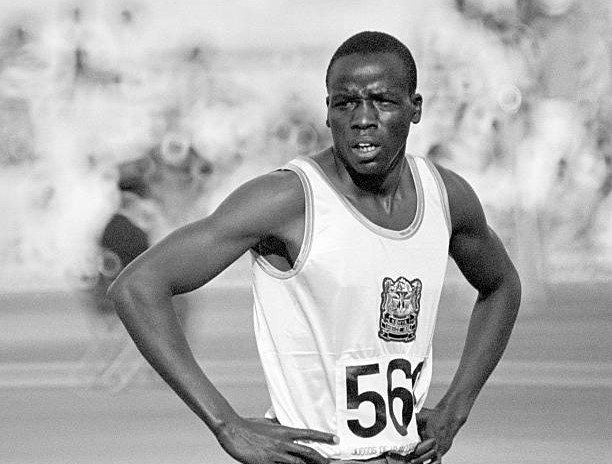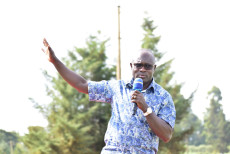- Kiprugut’s victory was more than a sporting achievement. It was a proud reminder that Kenya could compete with the world’s best.
- Kenya, newly independent and still finding its place on the global stage, had just made its mark in the world of athletics.
There are moments in a nation’s story that seem small at the time but echo across generations. One such moment came in 1964, in Tokyo, when the Kenyan flag was raised at the Olympic Games for the very first time on the medal podium.
The late Wilson Kiprugut, a determined middle-distance runner from Kericho, had just won bronze in the men’s 800 metres which was a national first. Kenya, newly independent and still finding its place on the global stage, had just made its mark in the world of athletics.
For many who remember those early days of the republic, Kiprugut’s victory was more than a sporting achievement. It was a proud reminder that Kenya could compete with the world’s best. At a time when the country was building its identity, seeing one of our own on that Olympic podium stirred something powerful, a belief in possibility.
Kiprugut’s run in Tokyo remains a cherished memory. In an era before professional coaching, sports scholarships, or digital fame, his success came through grit, discipline, and pride.
Read More
His bronze may have been just one medal, but it opened the floodgates. What followed was a golden age of Kenyan athletics with names like Kipchoge Keino, Naftali Temu, and later David Rudisha- all following in footsteps first placed by Kiprugut.
Being Throwback Thursday, we look back not only to celebrate a medal, but to remember a moment that helped shape Kenya’s global sporting identity and put it on the map. It was the beginning of a tradition of excellence, driven by national pride.
Decades later, that bronze still gleams brightly in our collective memory. Today as Kenya continues to produce even more world athletes like David Rudisha and Faith Kipyegon, it's important to remember where the journey began. Wilson's stride wasn't just a race, it was a legacy in motion.



-1769507417-md.png)

-1769442279-md.png)


-1769507417-sm.png)

-1769442279-sm.png)